In 1978, John Carpenter defined modern slasher movies with Halloween, the story of an escaped mental patient targeting teenage babysitters on Halloween night. The movie’s low-budget thrills, refreshingly simplistic storytelling, and instantly iconic villain attracted an unprecedentedly huge audience. It was a box office smash, despite the fact that the studio put almost no money into marketing it, purely thanks to good word-of-mouth.
Ever since Halloween revolutionized the form, there have been countless slashers emulating its “final girl” protagonist, basic plot structure, and killer who is recognizable by a couple of distinctive quirks. Some have even come close to taking its throne.
10 Halloween Is The Best: It Set The Template For Slashers
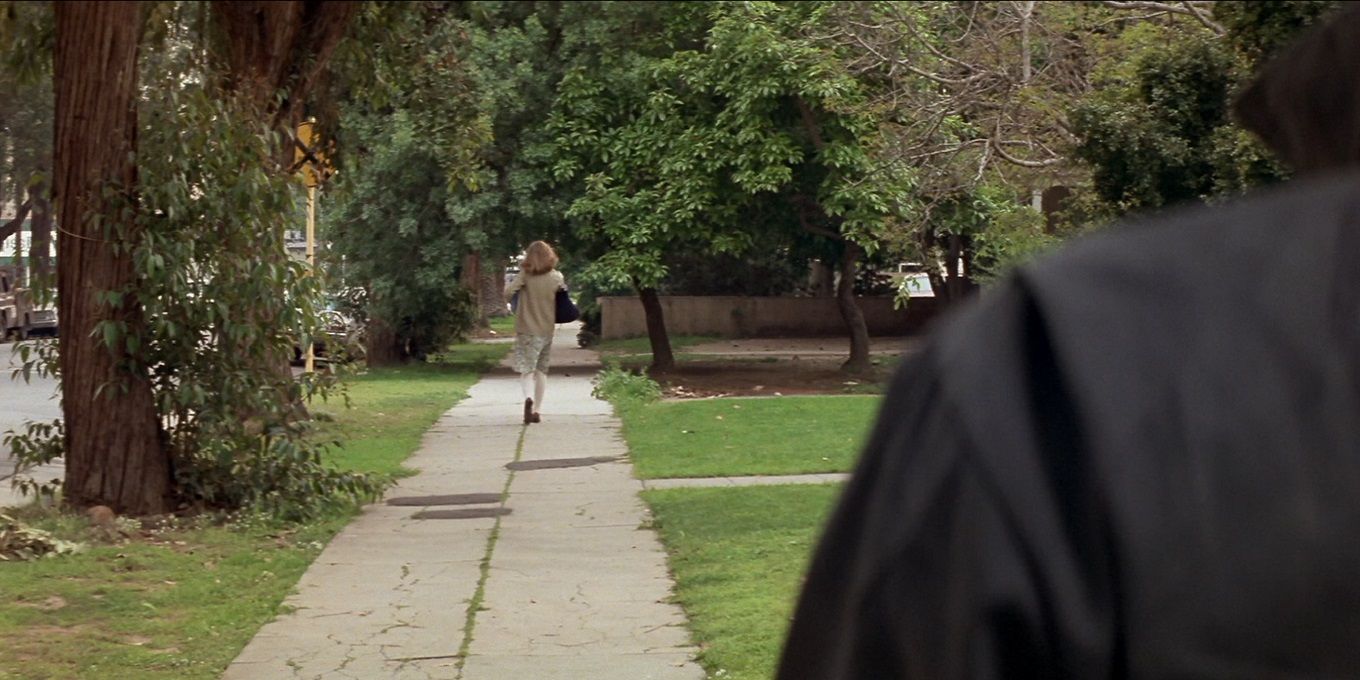
George A. Romero’s Night of the Living Dead is often called the greatest zombie movie ever made, because it defined the modern zombie and established the plot formula of a band of survivors holing up in a confined space during an undead uprising.
John Carpenter’s Halloween has a claim to the title of the greatest slasher ever made for the same reason. It established a template that was later emulated by dozens of horror movies throughout the ‘80s and ‘90s.
9 Closest Contender: Candyman
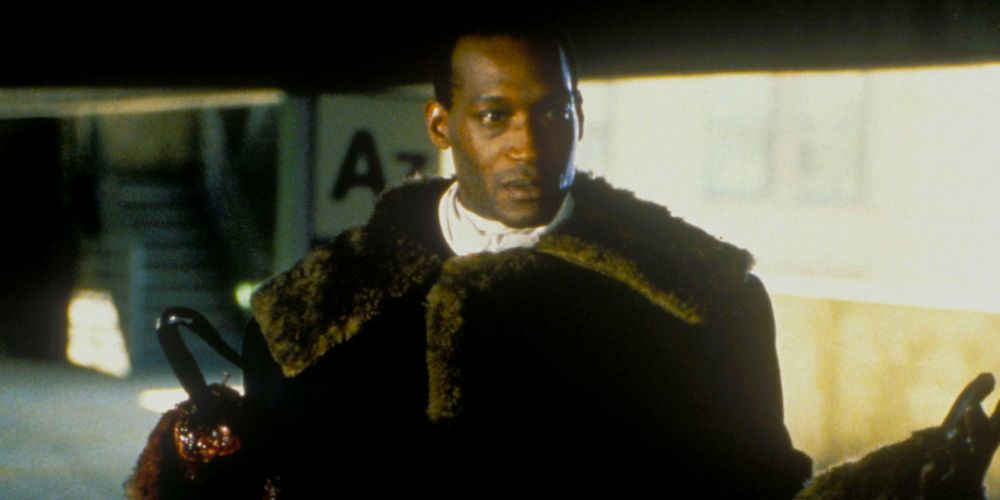
Under the surface of the supernatural thrills and gory killings in Candyman lies some fascinating social commentary about the Cabrini-Green public housing project, recontextualizing Clive Barker’s UK-set source material about class divide as a story about systemic racism in America.
Virginia Madsen makes for a compelling protagonist, while Tony Todd gives an iconic turn as the titular villain. It wasn’t appreciated in its time, but Candyman has since been regarded as a horror classic.
8 Halloween Is The Best: It’s Perfectly Paced
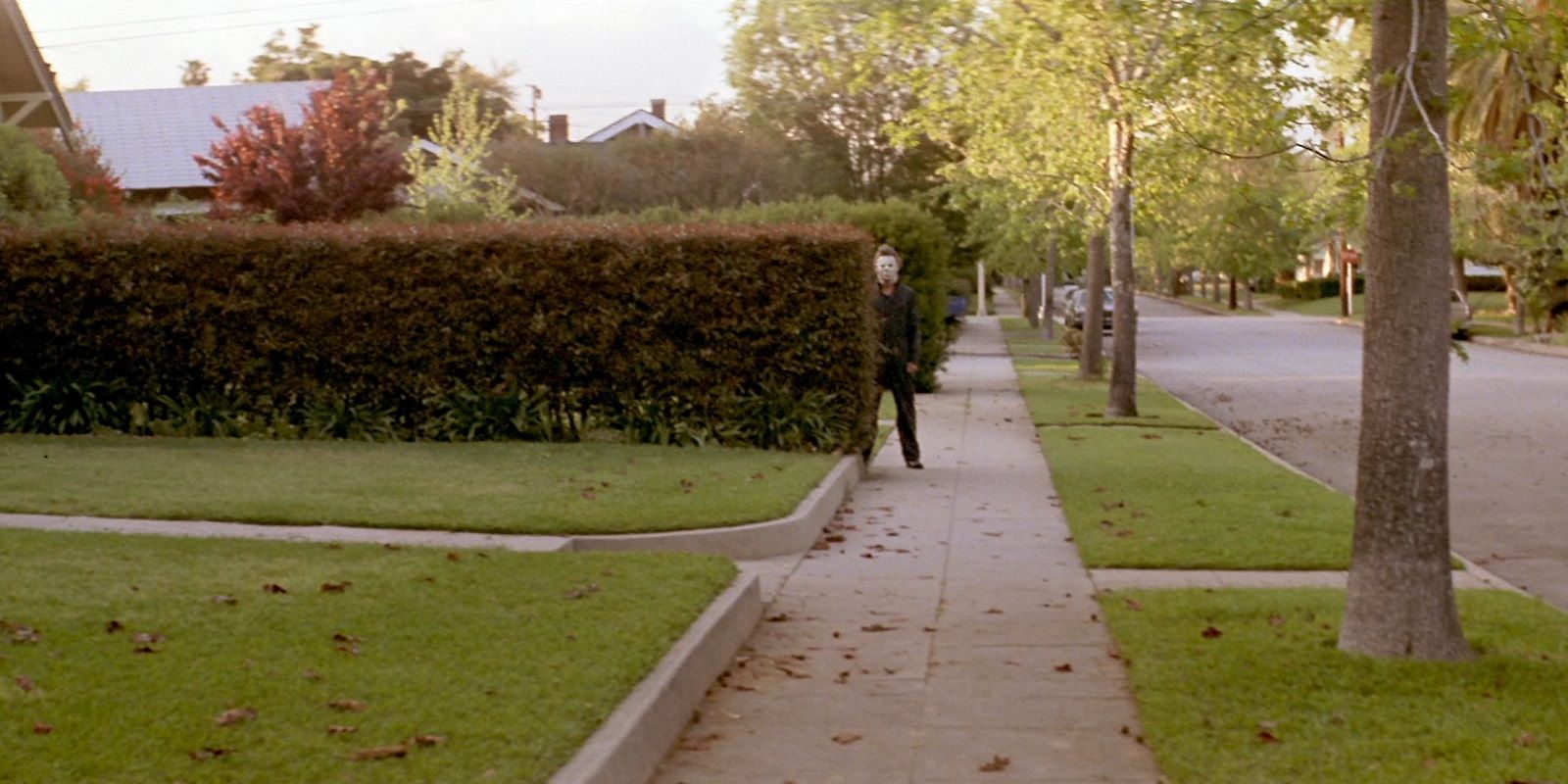
Pacing is the key to any great horror movie. The best horror movies take their time building up to the first big scare, like Alien. Halloween is no different. Once Michael escapes from the mental institution, there’s a lengthy build-up to his first on-screen kill. After that, every subsequent murder takes plenty of time to create suspense.
Too many slashers try to cram in as many kill scenes as they can. When there’s only a couple of minutes between deaths, they lose their impact. There’s no tension.
7 Closest Contender: You’re Next
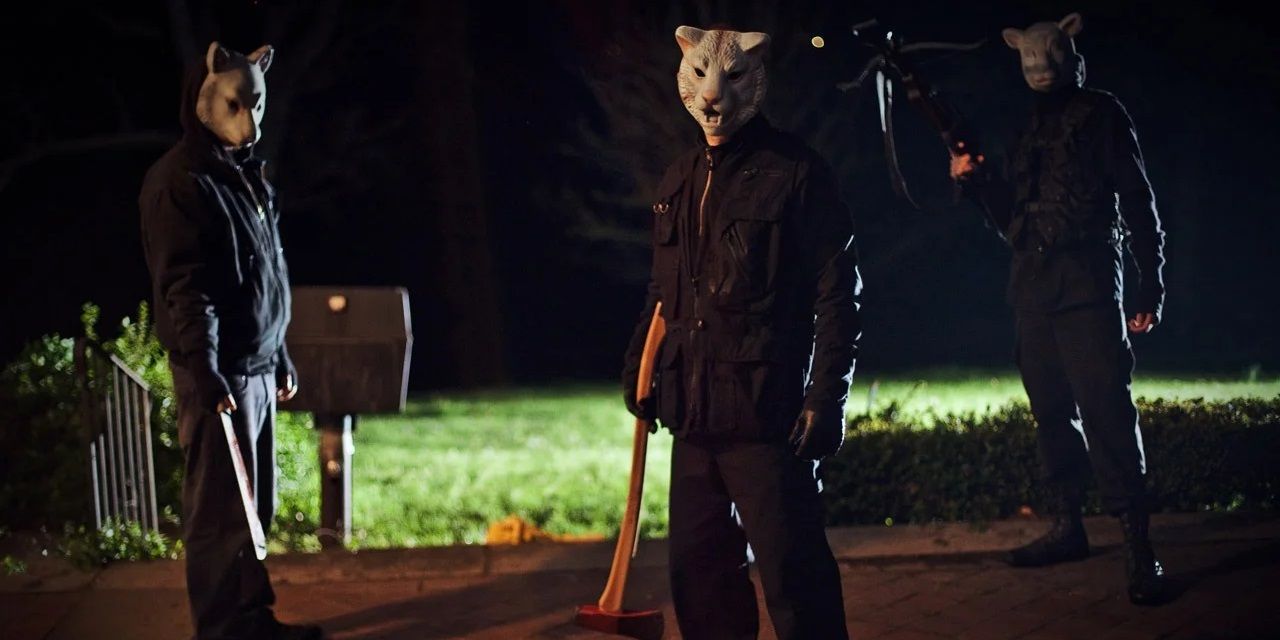
Before murderers in animal masks show up to kill everybody, You’re Next is a biting critique of the upper class as a wealthy family gets together in their country home to celebrate a wedding anniversary.
Once the bodies start piling up, director Adam Wingard pulls out all the stops for a rollicking gore-fest that subverts all the tropes of the slasher genre. The movie has a refreshing pitch-black sense of humor.
6 Halloween Is The Best: The On-Screen Violence Is Restrained
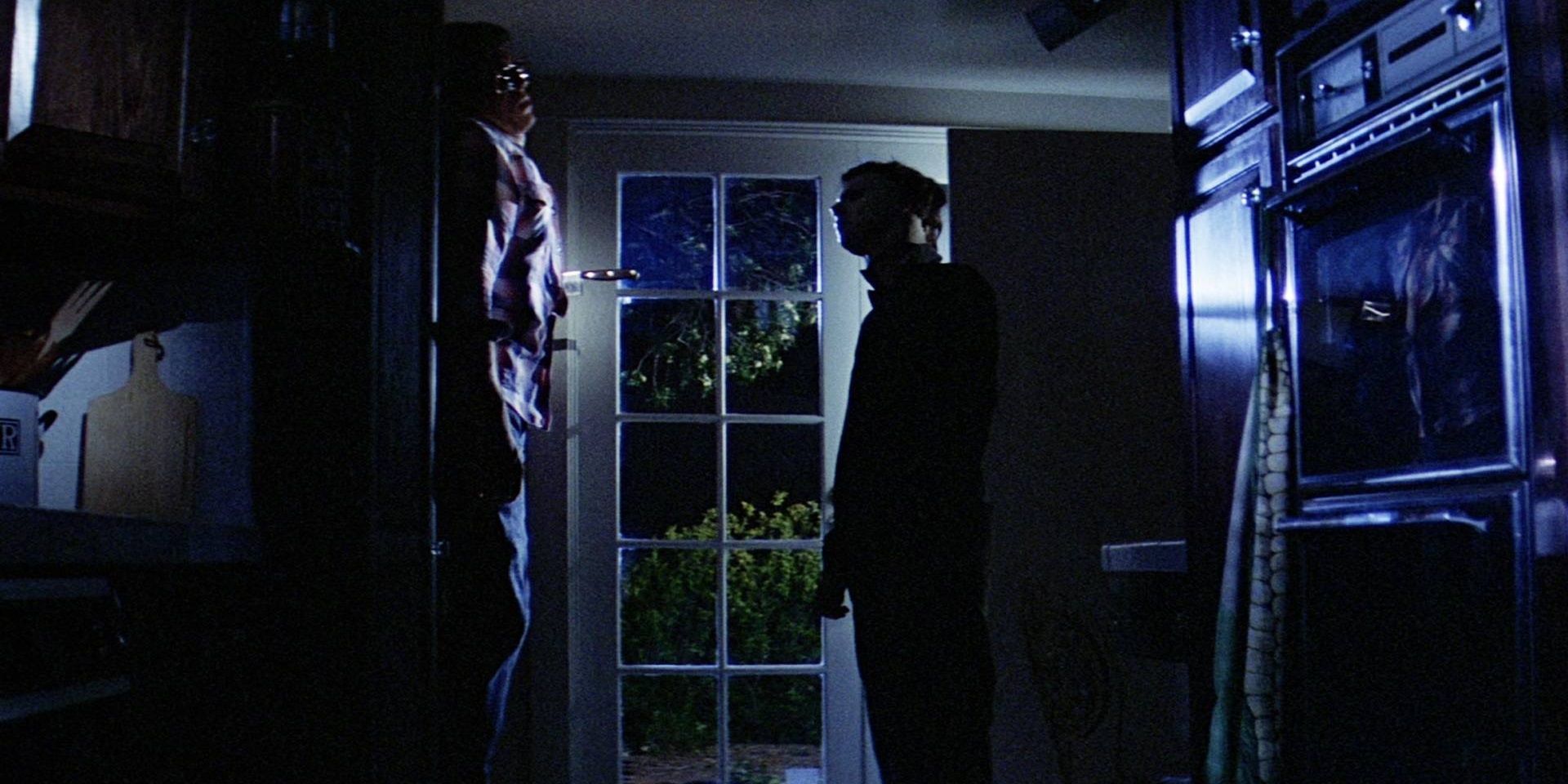
Since Halloween set the template for the genre, slashers have been used as an excuse to revel in excessive amounts of blood and gore. When the story is about a murderous rampage, filmmakers feel the need to paint the screen red.
Although it was faced with baseless criticisms of excessive gore by contemporary critics, the violence in Halloween is actually very restrained. A lot of the violence takes place off-screen, so the rare cases of on-screen violence are more effective.
5 Closest Contender: Scream
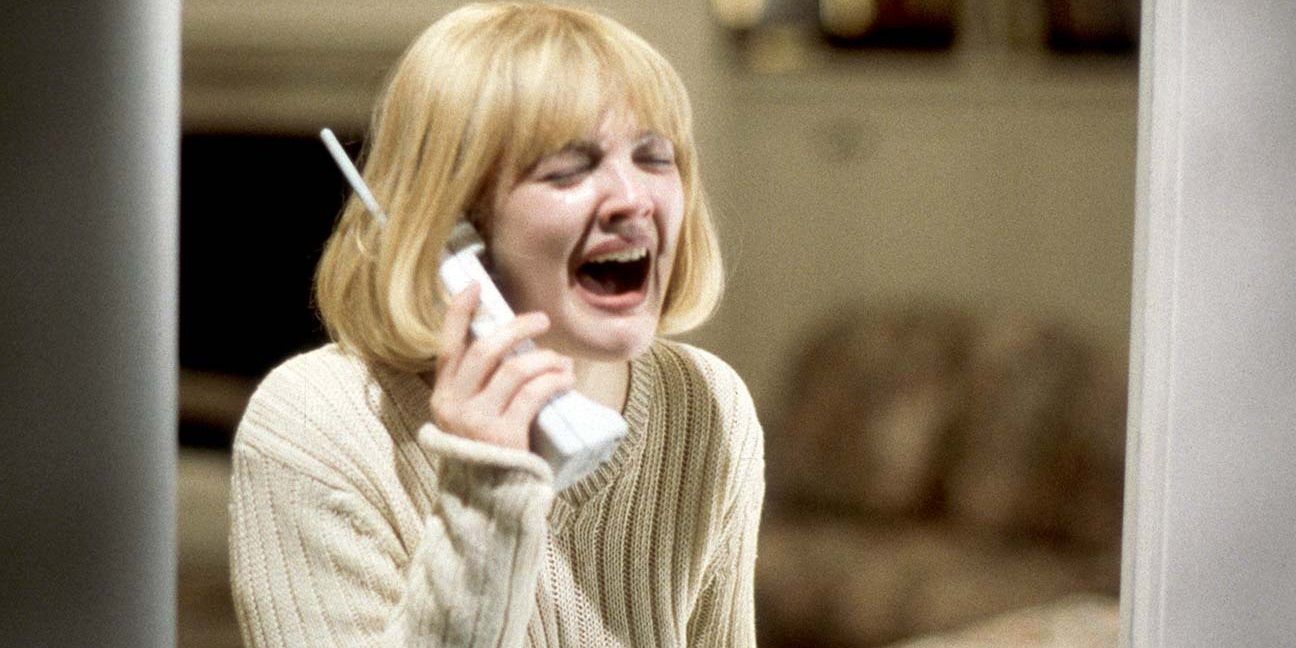
After being bombarded with hundreds of derivative slashers throughout the ‘80s and ‘90s, moviegoers pretty much knew the drill when they bought a ticket to see one.
Wes Craven, one of the genre’s pioneers, played on this familiarity in Scream, a meta critique of slashers in which the characters are well-versed in horror cinema. It’s a self-aware satire, but it’s also an effective slasher in its own right.
4 Halloween Is The Best: Michael Myers Is The Quintessential Slasher Antagonist
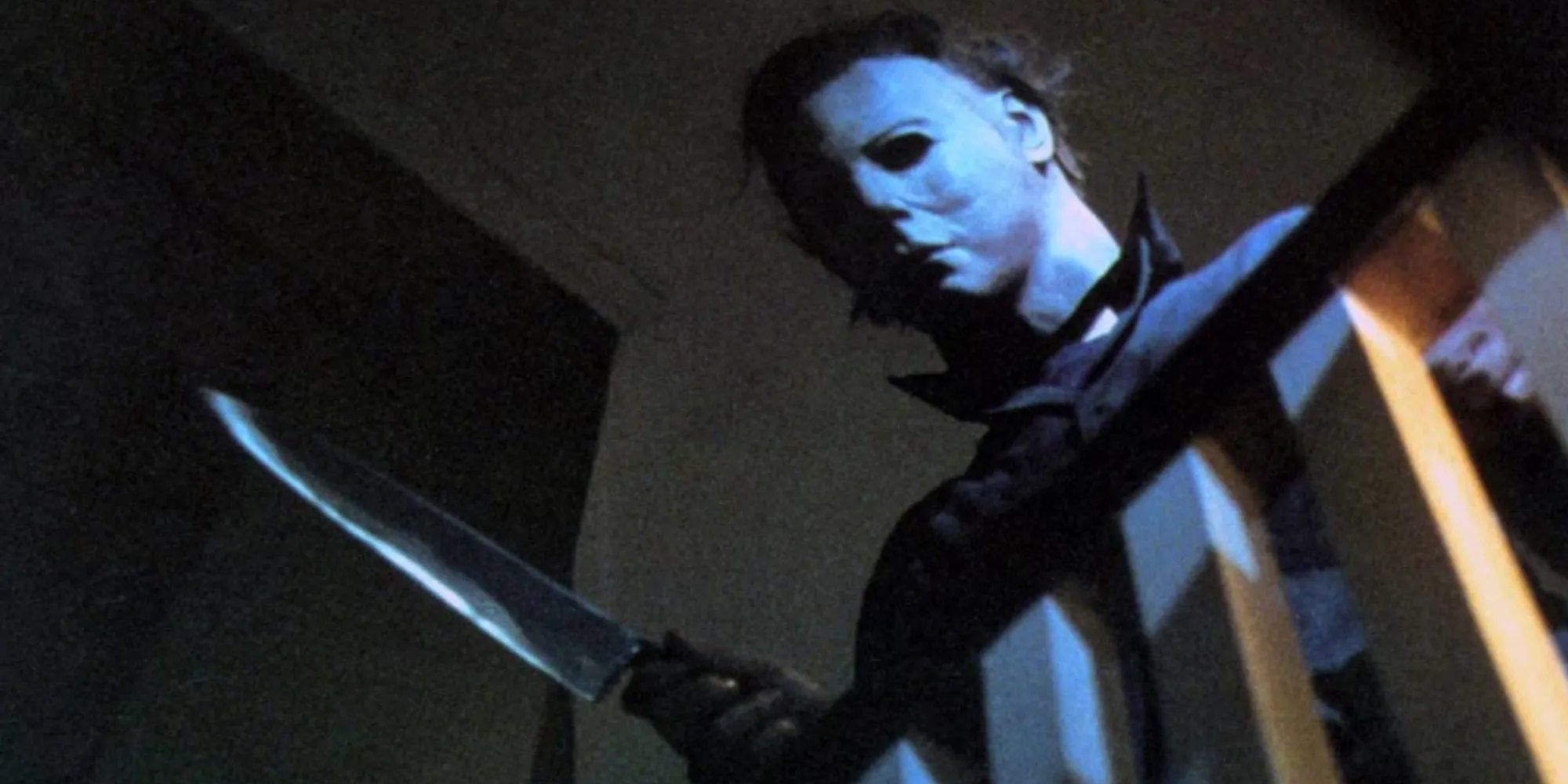
Most slasher villains have a gimmick, like Freddy Krueger’s knife glove and permanent residence in the dreamscape, but Michael Myers is the perfect slasher antagonist because he’s just a deranged killer. Hidden under a William Shatner mask, he has no discernible personality. He never utters a word.
In the credits, he isn’t even referred to as Michael. John Carpenter called him “The Shape,” because he was conceived to be a faceless embodiment of pure evil.
3 Closest Contender: The Texas Chainsaw Massacre
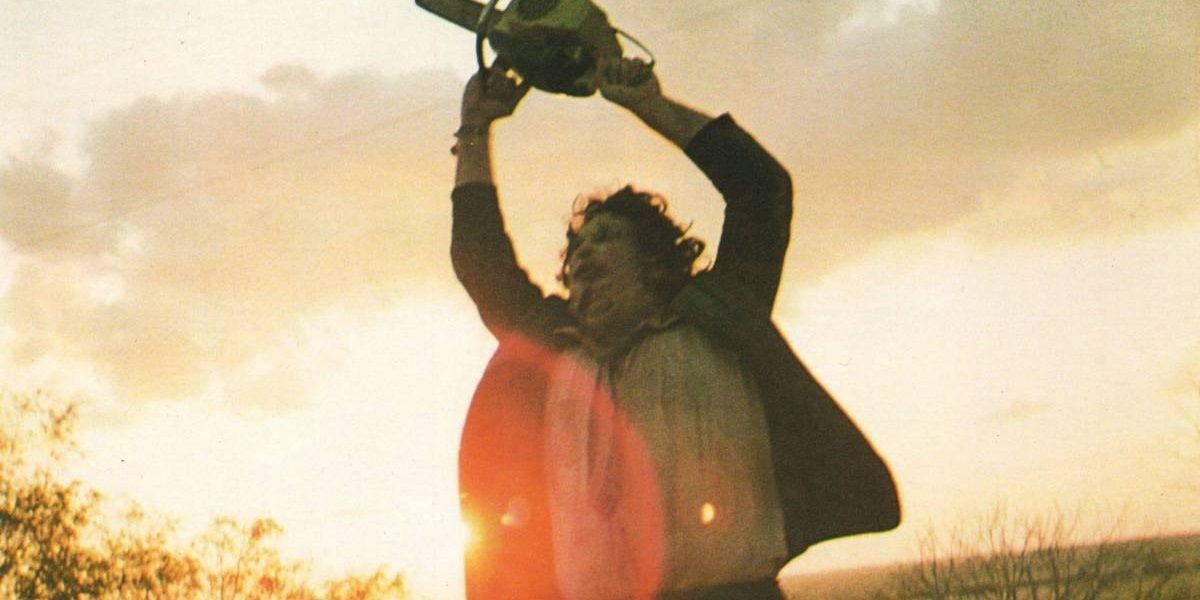
The original The Texas Chainsaw Massacre from 1974 is remembered as one of the grisliest and most gruesome slashers ever made, but it’s actually relatively bloodless. The reason it’s remembered that way is because director Tobe Hooper created a palpable sense of terror that permeated throughout the whole movie.
The movie doesn’t need an absurd amount of gore to frighten its audience. All it needs is protagonists you can root for and sinister situations to put them in.
2 Halloween Is The Best: Laurie Strode Is The Perfect Horror Protagonist
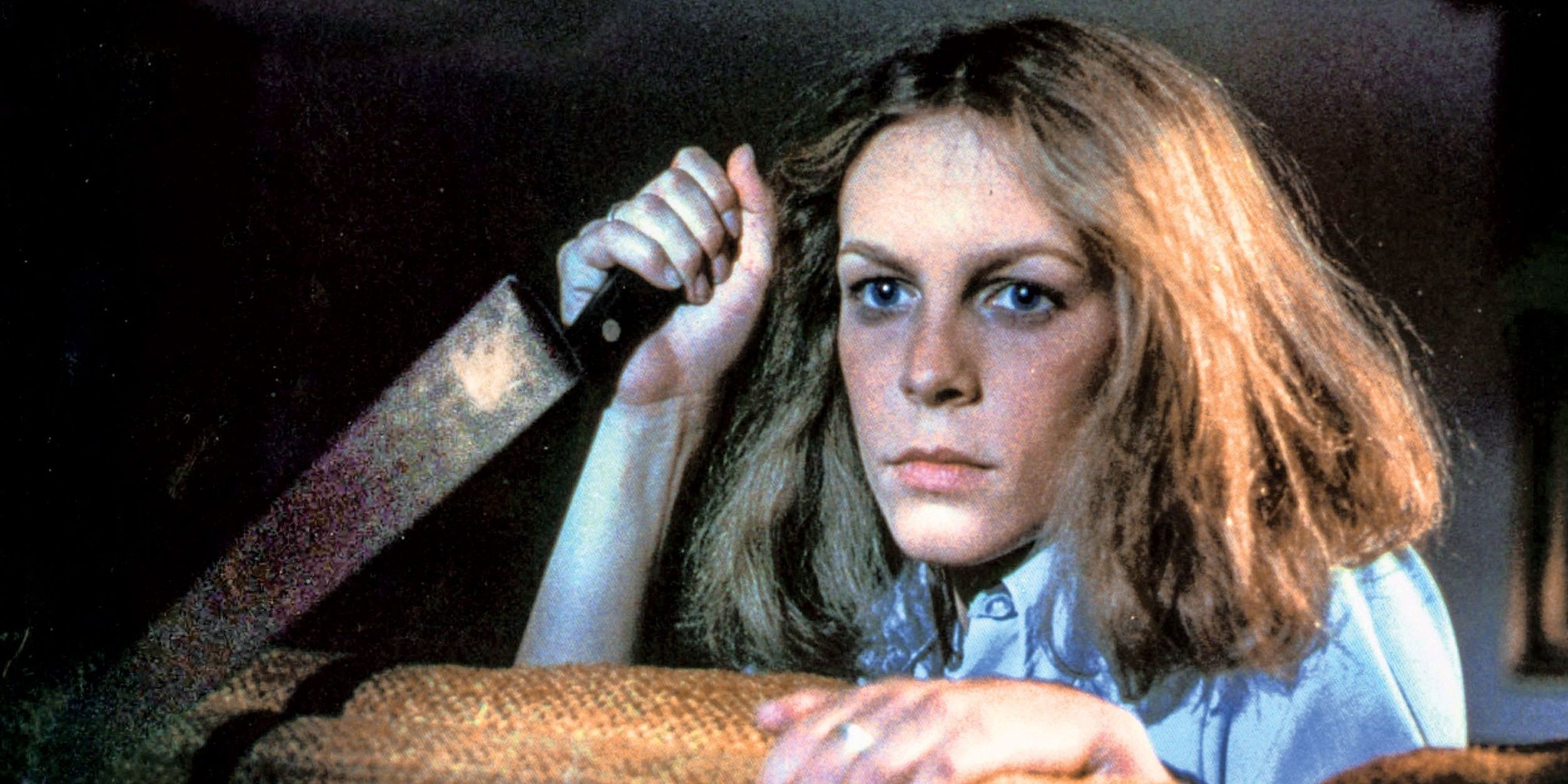
In horror cinema, a lot more emphasis is placed on the villain than the hero. The hero is usually just there to be terrorized by the villain, with bland characterization, but Laurie Strode is a well-rounded protagonist. She’s easy to relate to, being a regular teen who babysits kids in her neighborhood, but she’s also fierce, and proves herself to be kind of a badass by the end of the movie.
She’s not the “final girl” because she’s a virgin or because she abstains from drugs; she’s the final girl because she thinks quick on her feet and manages to defend herself against Michael Myers.
1 Closest Contender: Psycho
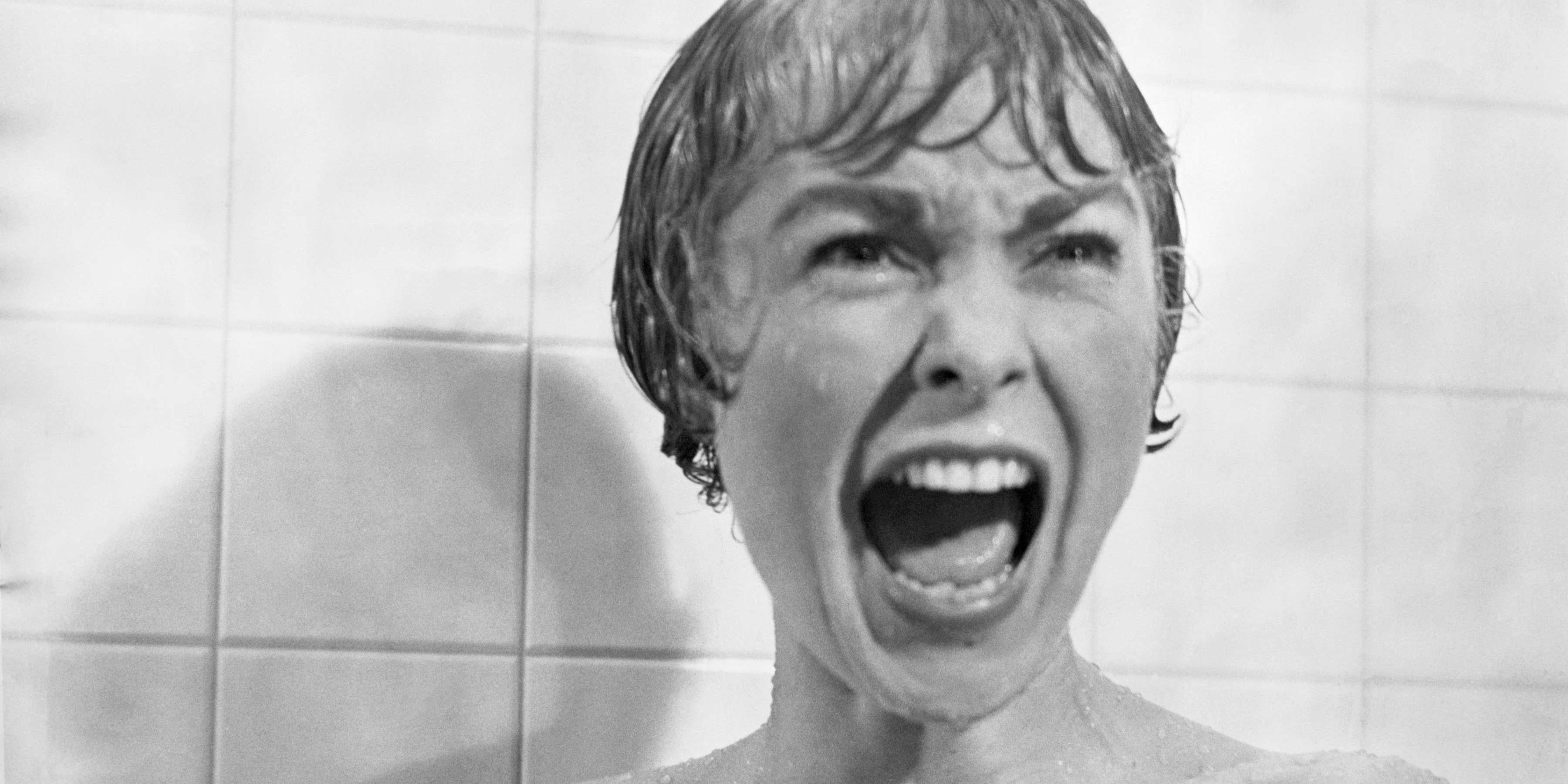
Alfred Hitchcock’s Psycho is often considered to be the first slasher. While John Carpenter took the elements of Hitchcock’s film and shaped them into the basic template for a bankable horror subgenre, Psycho established all the hallmarks.
Built around its iconic midpoint shower murder, Psycho is a perfectly structured horror movie, deftly controlling how much information the audience knows to effectively shock them. Also, fun fact: Psycho’s star, Janet Leigh, is the real-life mother of Halloween’s star, Jamie Lee Curtis.
https://ift.tt/31ocuZ2
August 24, 2020 at 05:30AM




